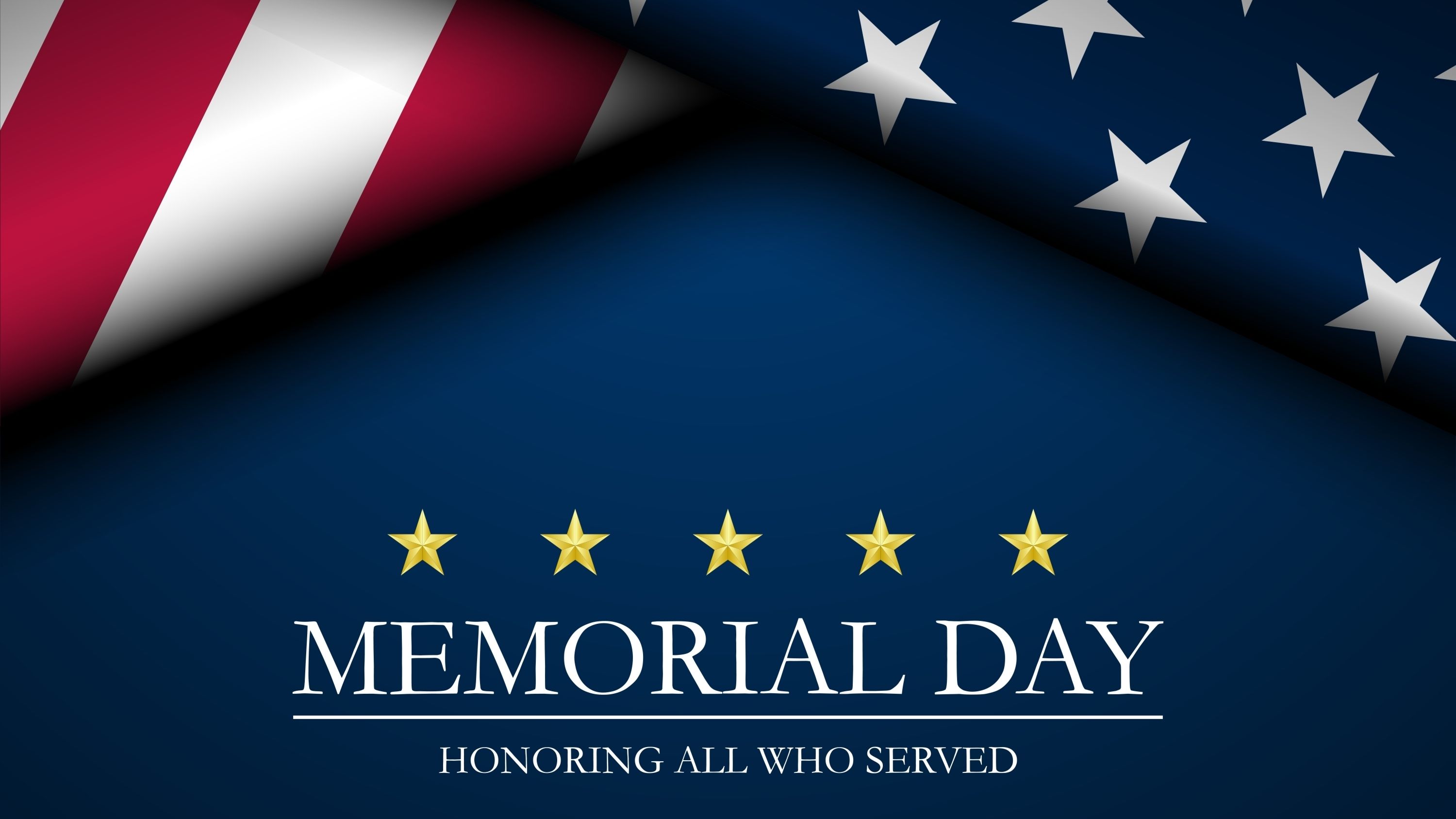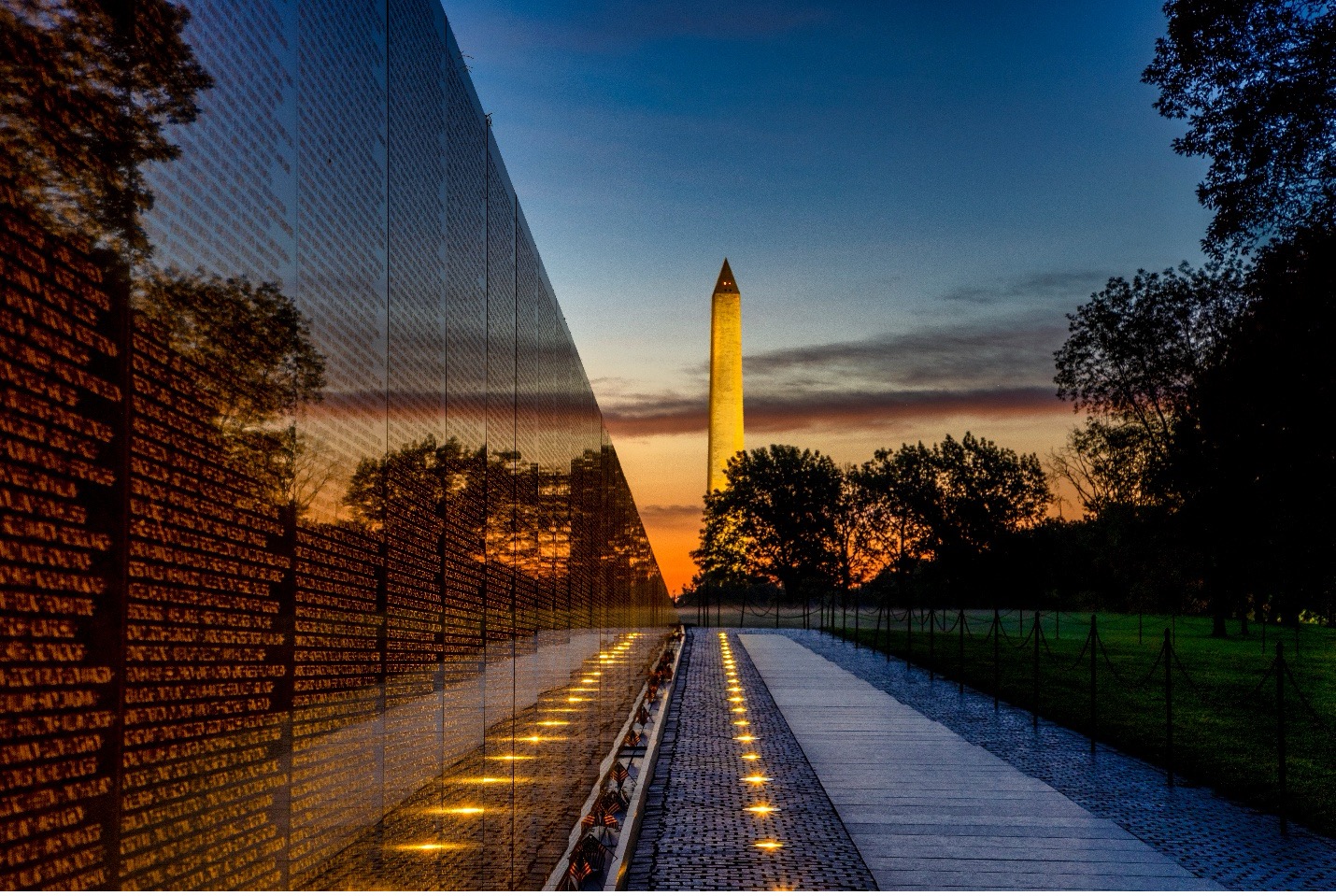I Regret to Inform You
May 22, 2025
My grandmother graduated from high school, married and worked for the Bolivar County Health Department until she retired. It was not until her golden years that she took up writing at a local community college. This essay was one of my favorites and was read at her funeral.
This Memorial Day, may we always remember those who served and sacrificed for the United States of America.
I Regret to Inform You
By Hazel Thornell
My geography lessons in elementary school must have been remiss, I have a hazy memory of the maps I drew and studied. Today, newspapers and the six o’clock news concern places that are new to me.
I’d never heard of Pearl Harbor until December 7, 1941. Overnight, it became a name and a place to me. I could not believe we were at war. The United States at war was only something I read about in history books. I stayed busy with my affairs, especially a year-old son. If I read anything, it was a novel and I certainly never looked at a newspaper. Now, I pored anxiously every day over the “missing in action” and the “killed in action” lists in the Jackson Daily News. Boys I’d gone to school with only a few years ago were on these lists. Who had ever of those little places names like Iwo Jima, Guadalcanal, Saipan and Corregidor?
In every home of my friends, neighbors and relatives, a young man was away fighting for his country; often there were two or more. My husband’s parents had three sons, a nephew they had raised and a grandson in some branch of the service at one time. A blue star hung in the window of these homes. A gold star in the window meant the loss of a loved one in service to his country.
All over the country, families received telegrams saying, “I regret to inform you of the loss of your loved one” or “your son or husband is missing in action.” The telegrams were delivered by Western Union messengers, usually on a bicycle.
When the press interviewed some of these families, it was published in great detail. The reporter might go to an isolated farming community to interview the elderly parents of a son killed while serving his country—a son they hoped would return to take over the farm. The interview might be in a large city, where a young mother was left with small children to care for. A telegram that read “missing in action” was received with both hope and despair, a hope that their loved one would be found, and desperation because the family felt the thread of hope was slim. I read them all and soon became obsessed with the subject of telegrams.
I had my second son in 1942. When he was two years old, my husband enlisted in the Navy, and I transferred my interests to the other side of the world—the Atlantic Ocean. I learned the names of new places on the map. The telegrams from the War Department continued. Gasoline, sugar and coffee were rationed, along with many food items that were so scarce that you forgot you ever had them. During these years, there was a closeness and a feeling of compassion among Americans that is not prevalent in peace time.
The year was 1946 and the war was over. The boys came home to celebrations. Of course, there were some mixed emotions concerning the atom bomb that killed so many in Japan. People said, “No more wars.” To me, that meant no more telegrams. I lapsed into a state of security and safety. There would be no more little countries and islands with strange names to clutter my peaceful life. I had my third son.
Once again, in June, 1950, we were at war. As though someone was ashamed to call this a war, it was referred to as the the Korean Conflict. President Harry Truman called it a “police action.” I’d never heard of Korea. The United States intervened when communist troops invaded South Korea. Many American soldiers were young and untrained for jungle fighting and many did not return. Almost as many died from disease caused by unsanitary and primitive living conditions. My anxiety about telegrams returned, though I had no one in this war. The war ended in July 1953 with peace treaties.
In the late 1950’s, a new name appeared in the news. This one was called South Vietnam. For a long time, the Vietnam war was a “conflict with a few skirmishes.” The war lasted longer than any other the United States had been in--nearly twelve years. More troops were used than in the Korean conflict. President Richard Nixon and other world leaders held peace talks in Paris, but the fighting continued far away in the rice paddies and jungles of Vietnam. The casualty lists were long, though our country’s leaders never admitted we were at war. It was a political issue. Charles Colson, Nixon’s “hatchet man” as he was called, wrote in his book Born Again, that the war could have ended at any time. By that, he meant when the politicians wanted votes from an unsuspecting public.
My middle son, with his boyish freckles and mischievous smile, never liked school. In his senior year in high school, he volunteered for the Army. After several months of jungle warfare training in Hawaii, he left for South Vietnam. In addition to the daily paper, we now had the television to watch. Jeff went out on what they called “Search and Destroy” missions daily. In one of his letters, he said, “It’s so easy to get killed over here, it’s unbelievable. What makes it so bad is that you never see the Viet Cong. They go in and out of tunnels like moles.” He rarely wrote of the war itself, but kept his letters cheerful. The telegrams started again. Though not as many as in other conflicts, they were just as real to the people involved.
April 3rd, 1966 was a beautiful Sunday. I was preparing lunch, and had been to church. Times had changed; the Western Union messenger did not ride his bicycle to your door. Our telegram was delivered by an Army officer with medals covering his chest.
“I regret to inform you your son, Jeff, was killed by fragments of a hostile mine, while on a Search and Destroy mission, April 2, 1966.” He was killed at Cu Chi, South Vietnam, twenty miles northwest of Saigon.
Jeff came home a week later in a flag-draped casket. Along with numerous other medals, he was awarded the Bronze Star. He is buried in a cemetery in Cleveland, Mississippi, under a small, granite, military marker. He was dead at the age of twenty-three.
I was interviewed by a reporter from the Memphis Press Scimitar. He talked to a number of people in Cleveland. His article in the paper a few days later was shallow and thoughtless. He wrote that Jeff came from a sleepy, little town in Mississippi far removed from the war’s impact and untouched by the fighting.

Stay connected with news and updates!
Join our mailing list to receive the latest news and updates from our team.
Don't worry, your information will not be shared.
We hate SPAM. We will never sell your information, for any reason.

